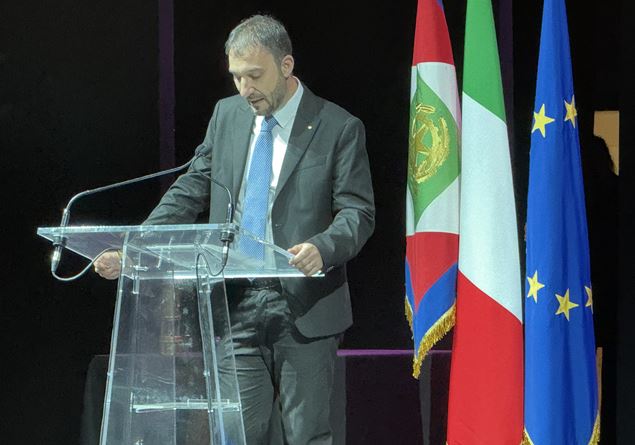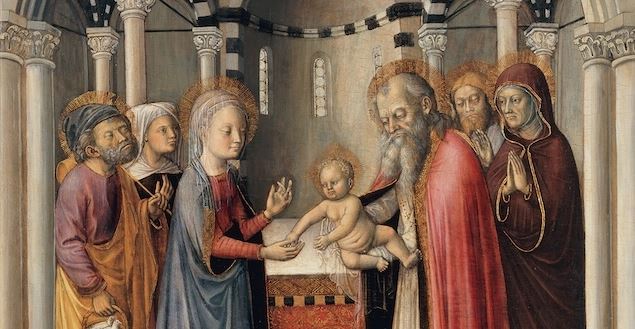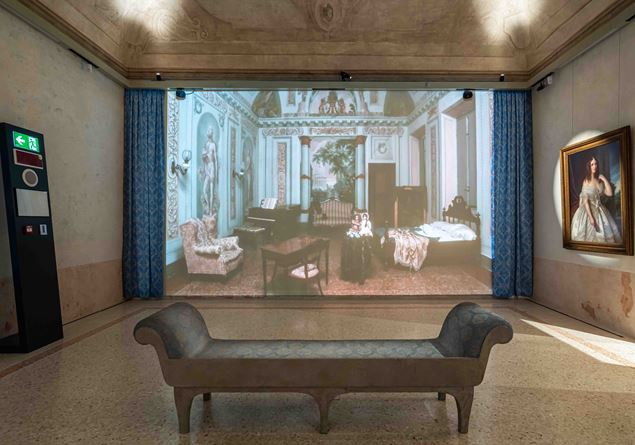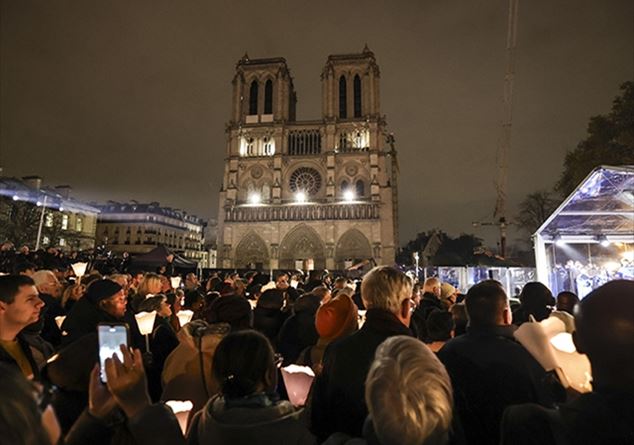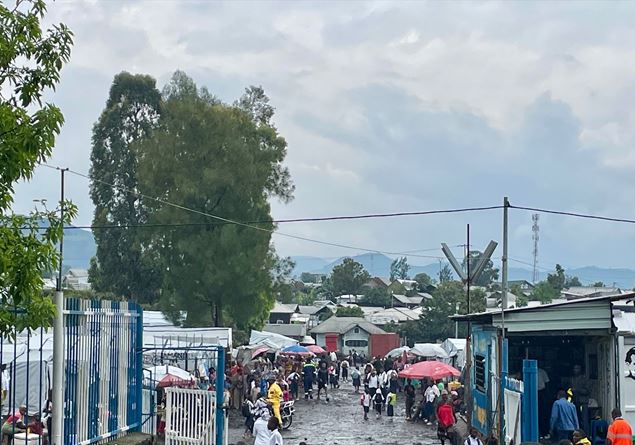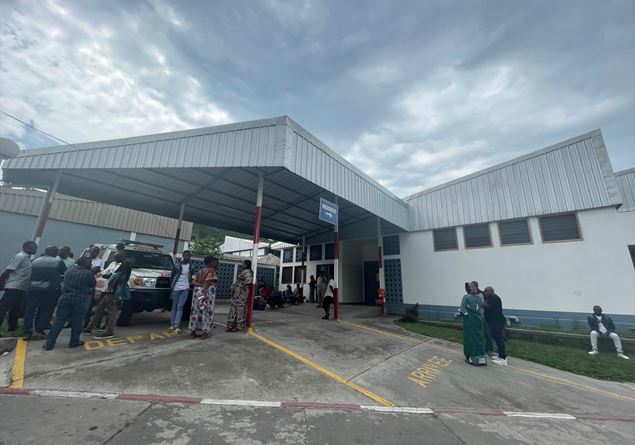
The photo of Dr. Claudio Cevarolo at the Goma General Hospital.
In the office of the director of the general reference hospital in Goma, the photo of a very young doctor Claudio Ceravolo stands out in a box, as the first of a series of photographs portraying the subsequent directors who took turns in this health facility in the capital of North Kivu. Ceravolo, doctor – now retired – e president of the Italian NGO Coopi – present in the Democratic Republic of Congo since 1977 – was the first to manage the Goma Hospital from 1986 to 1989, founded thanks to the aid of the Italian Cooperation (now the Italian Agency for Development Cooperation). The doctor from Crema was not only the first but also the only Italian, and foreign, among the directors, who after him, until today, have all been Congolese.
The doctor’s relationship with Africa – and in particular with the DRC, a country of which he is a profound expert and observer – is inextricably linked to Coopi. In 1981 Ceravolo left for the African continent as a volunteer for the Milanese NGO, founded in 1965 by Father Vincenzo Barbieri, known as the “megaphone of charity”. Since then, Africa has remained indelibly imprinted in his life and in his medical and humanitarian commitment. Ceravolo continued to follow Coopi’s work as a volunteer, taking on the role of president of the NGO after the death of Father Barbieri who presided over it until his last days and about whom the doctor wrote in 2014, together with Luciano Scalettari , the biography I just followed the wind. Life of Vincenzo Barbieri, father of international volunteering. (Emi).
In Goma Hospital the current director, the Dr. Sébastien Matatalooks at Ceravolo’s photo, smiles and observes: «I never had the pleasure of meeting him, I was too young then. But I know well his fame here, what he accomplished, the mark he left behind. If one day he returned to Goma I would love to meet him in person, we always look forward to seeing him.” A pediatrician, Dr. Matata is the fourteenth director of the health facility, which he defines «the hospital of the Italians». Remember the fundamental commitment and help of the Italian Cooperation here. Somehow this hospital continues to be linked to Italy.
The director retraces the historical changes that have occurred in the country, also from a hygienic-sanitary point of view, in the last four decades, since the hospital was founded. It shows the various departments, from pediatrics to neonatology to the emergency room, which has been totally renovated. «This health facility is no longer just a landmark in Goma but has also become the Provincial Hospital of North Kivu», explains, «and it is being expanded and developed: some of our doctors are undergoing training abroad in various specialties, from cardiology to ophthalmology, but we need support to respond to the enormous health needs of the population and I turn to my also appeal to Italy.”
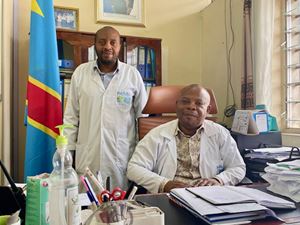
Dr. Sébastien Matata, director of the hospital, with his deputy, Dr. Kanane Kasus.
In the Democratic Republic of Congo the healthcare system is still extremely fragile: the costs of healthcare services are borne by patients – except maternity leave, which is free – and a large part of the population is unable to pay for treatment, remaining without access to basic medical assistance. From the point of view of the healthcare organization, initial care is provided in health centers located throughout the territory of each province (divided into the so-called “health zones”), where there are no doctors but only nurses, the most problematic cases requiring medical intervention are sent to hospitals, often very far away and difficult to reach by those who live in the villages, in small communities, or in settlements for displaced people.
Dr. Matata reflects on the health situation in his country: «Today we have to face new health challenges, such as the treatment of cancer, stroke, chronic diseases such as diabetes, linked above all to changes in lifestyle”. The doctor thinks of the province of North Kivu, a particularly difficult territory, torn by conflicts and insecurity, marked by various epidemics: only in recent years have cholera, Ebola, measles and, today, the danger that comes from monkey poxmonkeypox. “We now have around twenty cases of this latest disease, some of which are among displaced people.” The situation of those displaced by the armed conflict in North Kivu, says Matata, «is catastrophic, from a humanitarian and health point of view. The displaced people live in terrible, absolutely precarious conditions. And precariousness brings with it diseases that require treatment, from respiratory to diarrheal diseases. The first step for treatment is the health centers. To then get to the hospitals. But often when they arrive at the reference hospital, patients are already at a very advanced stage of the disease. And anyway, being displaced, they do not have the money to pay for hospitalization and treatment. And if there is no one to lend a hand to help them, who can take care of them if they cannot pay? It’s all very complicated.”
To improve the health situation, adds the doctor, the decentralized system should be strengthened mobile clinics present in displaced persons’ settlements, to identify and isolate cases of pathologies on the ground, send the non-problematic ones to health centers and organize the transfer of the most serious ones to the Goma General Hospital. This, for Matata, would help lower the mortality rate among displaced people. “But, I repeat, to stop all this we need help, to be able to support the care of the thousands of displaced people in Goma, who are in an indescribable condition.”




